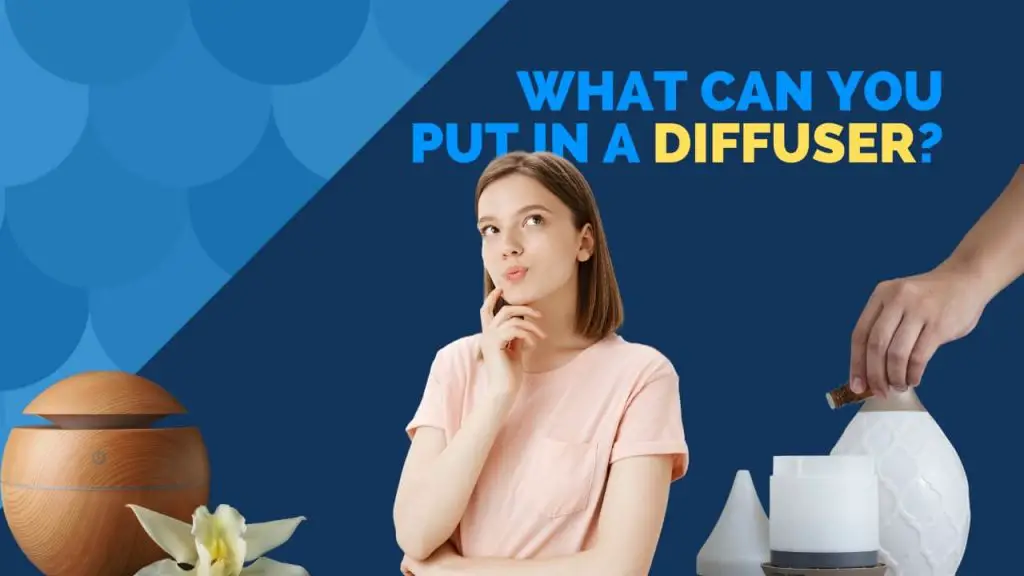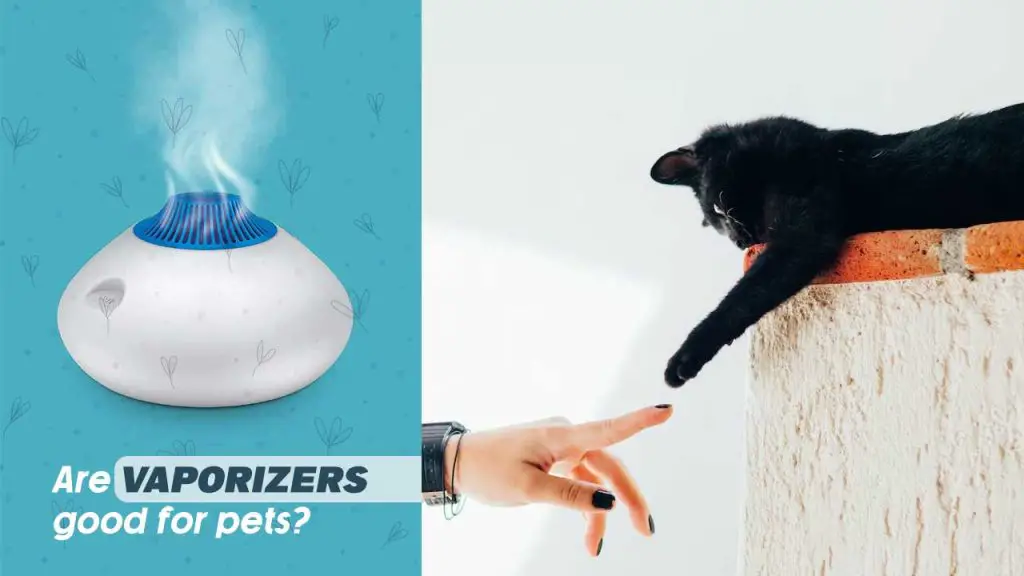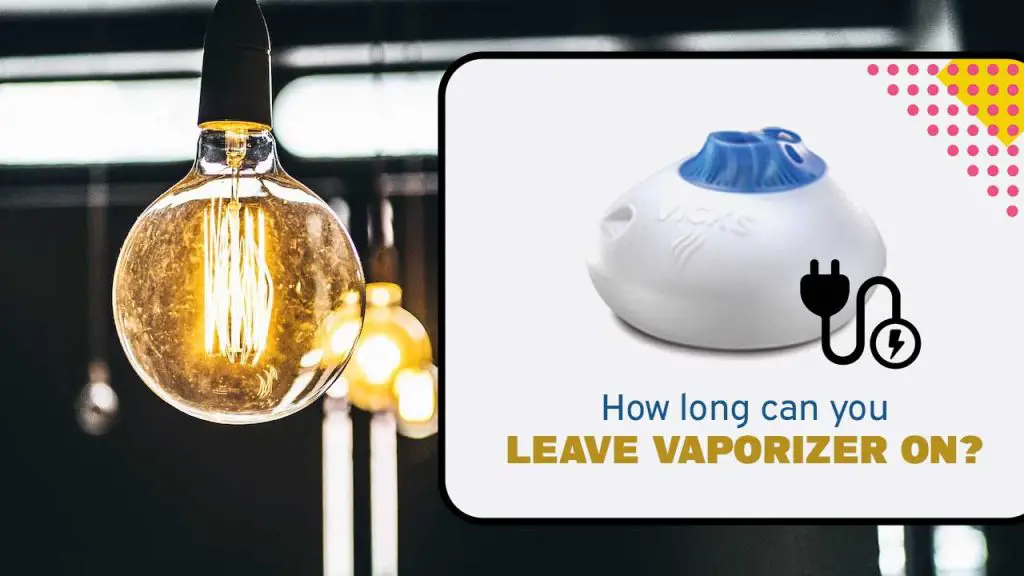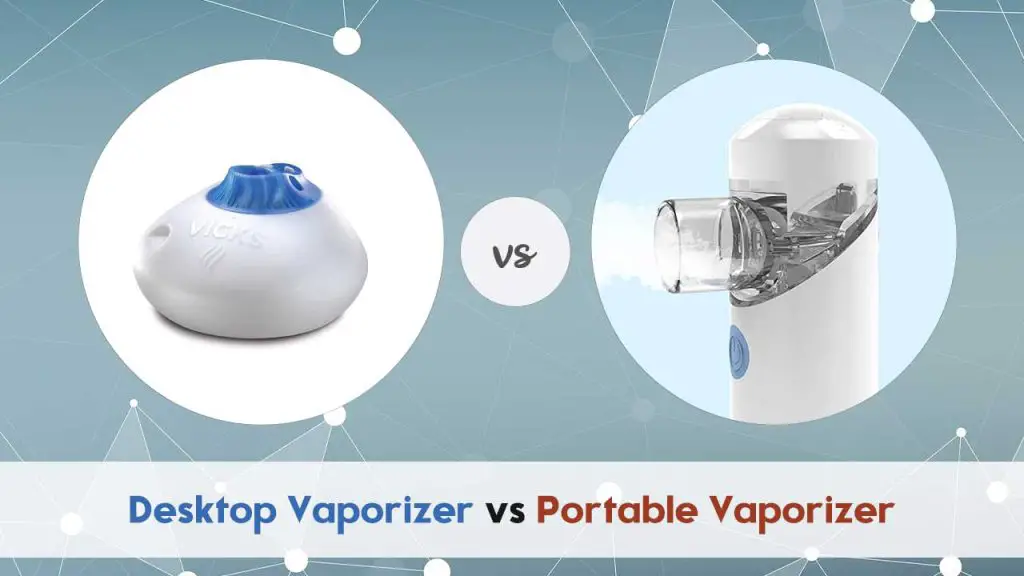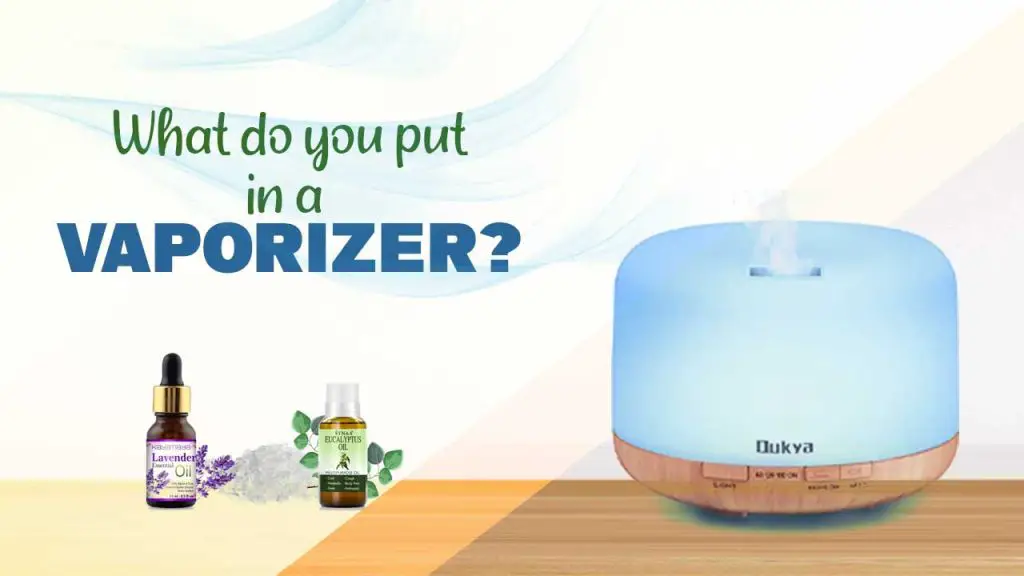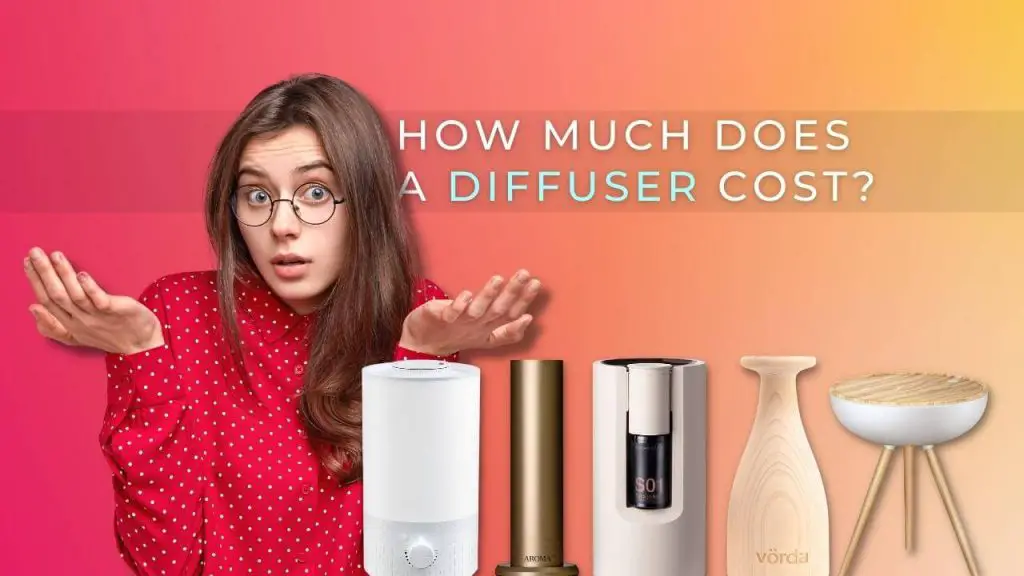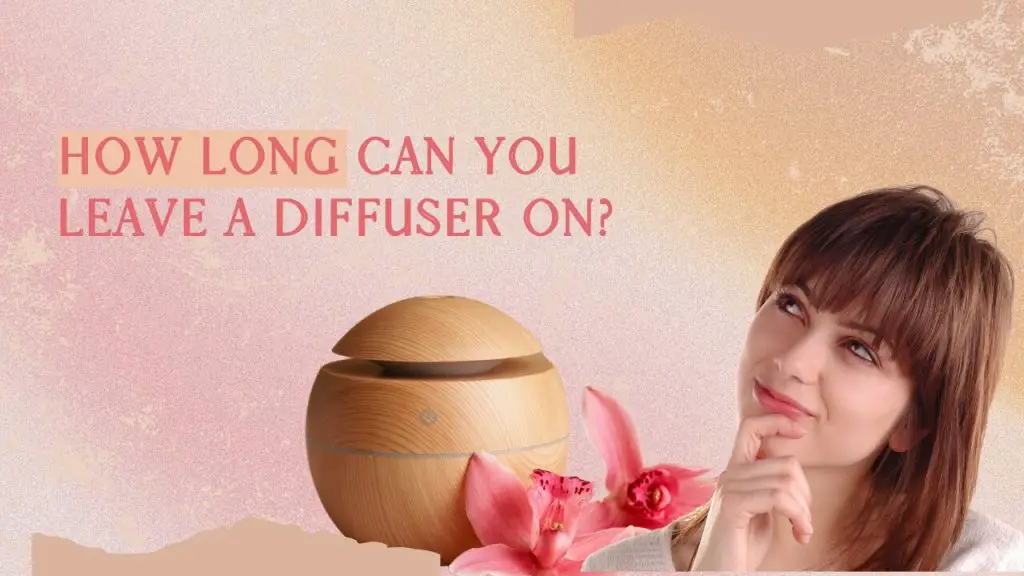A diffuser is one of the most useful and important appliances you should have in your home. It is a device that is used to administer aromatherapy. Diffusers exist in different sizes and shapes and often have a reservoir where water is kept for heating/nebulizing and evaporation.
It is in this water that the therapeutic substances are dropped to be dispersed in your home. We’re all familiar with essential oils and how they can be applied with a diffuser but is that all a diffuser can take? What else can you put in a diffuser?
Can you put perfume in a diffuser?
Just to put it simply; Yes. You can perform in a diffuser, but it’s a bit more technical than that. First of all, not all types of perfumes should be used in a diffuser.
We advise you use only oil-based perfumes as they are the ideal type for diffusion. So, if you’ve run out of essential oils and your home is starting to feel all stuffy and dampy, you can easily pick up an oil perfume and give your room the fragrance you desire.
Avoid using an alcohol-based perfume. Not only can it be offensive to others, but it evaporates more quickly, may leave residue and may not provide as much fragrance as you desire.
Just to point out, a perfume will not have the aromatherapeutic effects that most essential oils have, so it would merely be for aesthetic purposes and not for health.
So, whether it’s the oil perfume you recently bought in Dubai or the one your spouse got for you on your anniversary, just a few drops can work magic. Follow the below steps to get the best from using perfume in a diffuser.
How to Put Perfume in a Diffuser?
Required Items
Procedure [Step by Step]
- Put some water (distilled and pure) in your diffuser reservoir. Ensure you leave it at the required water level.
- Take out the oil-based perfume of your choice.
- Pour in 3 to 5 drops of the perfume.
- Turn on your diffuser and take in the amazing fragrance.
Can you use a diffuser with just water?
Yes, you can. Sometimes, all you need may just be some extra humidity. If you do not have a humidifier, a diffuser can fill in the gap and help you add some humidity to the air.
Just add some water to your diffuser, without essential oils or fragrance, and get some moisture in your air. While it won’t give as much humidity as a humidifier, you’re sure to get a noticeable increase in humidity level.
Specifically, there are ultrasonic diffusers that adopt the same cool mist mechanism as ultrasonic humidifiers.
There’s a water reservoir and an ultrasonic plate which produces waves that break up water and convert it to a fine mist for diffusion.
The only difference is that water which is supposed to be a mere carrier for essential oils becomes the substance that is released, albeit in smaller amounts than in a humidifier.
So, yes. If all you need is a rise in humidity, you can use your diffuser with just water.
Can I put vanilla extract in my diffuser?
No! Plain and simple. Some people may tell you to be creative and experiment with vanilla extract, but the negatives outweigh the positives. Besides, you won’t get the results you want.
First of all, the vanilla extract does not work the same way as essential oils. It is alcohol-based and cannot be extracted by steam distillation.
Even when mixed with carrier oils or essential oils, it is more likely to form beads and remains as little pockets of brownish vanilla.
Secondly, vanilla extract is produced to suit your taste and not for fragrance. Even if you manage to get some fragrance out, it won’t be as pleasant and certainly won’t last for long.
And when all is said and done, you’re very likely to find residue in your water reservoir. So, if you must be sure to clean up after you’re done and take out any residue immediately.
Can I put lemon juice in a diffuser?
A lot has been written about the immense benefits lemon may have when used in aromatherapy or as a cleaning agent.
From pain relief and healthy skin to relief from symptoms of morning sickness, lemon may just be a super fruit after all. It is very versatile and is deemed suitable for diffusion as a juice or essential oil.
It is great as a fragrance and also for aromatherapy. Lemon essential oils are made from actual lemons, so that would work. But if you prefer to work with the fruits, the steps below would help.
- Cut your lemon in two and leave in a bowl.
- Squeeze to release the lemon juice.
- Filter to remove impurities and fiber.
- Add a few drops to the water in your diffuser and you’re good to go.
While this will work, you may benefit even more by trying to extract the oil in the peel, which is where much of the scent is. It is also important to check for residue after every use, especially if you add lemon juice with all of its properties.
Can you put Epsom salt in a diffuser?
No, you can’t. Epsom salt is in solid form and not in liquid form. This would make evaporation almost impossible. Besides, it will clog your diffuser.
You can mix Epsom salt with essential oils for bath and aromatherapy using bowls and other methods. But in a diffuser, it is not possible.
Can you use vinegar in a diffuser?
No! Not for diffusing anyway. Vinegar is another very popular and potent cleaning and deodorizing agent. In fact, it is a very effective home ingredient for cleaning even a diffuser.
This can help take out the residue and other stubborn stains. You’d need to put in a few drops of vinegar while your diffuser is turned off, then turn it on and run for about 3 minutes. Then scrub gently and pour out the solution.
Unlike essential oils, vinegar does not leave a pleasant fragrance and lacks aromatherapeutic benefits. So, there’s really no point using a diffuser to apply vinegar.
But if you want to enjoy the cleaning and deodorizing benefits of vinegar, you’d need to use tools like a spray bottle orange atomizer.
And if the vinegar smell is too strong for you, add about 20 drops of essential oils to ¾ cup of vinegar and ¾ cup of water and pour the mixture into a spray bottle.
Final Words:
It is not enough to own a diffuser, knowing how to use it and with what will significantly enhance the value you derive from it. So, whether it’s essential oils, oil perfumes or some other substance, just be sure it is good for your health and for your device.
The best thing to put in your diffuser is an essential oil. Different types of diffusers are available online for different therapies and with different fragrances.
You should only use alternatives when you run out of essential oils or water when you simply require extra humidity in your home.
| Photo | Title | Buy |
|---|---|---|

|
LEVOIT Air Purifier for Home & Bedroom - For Allergies and Pets Hair | Check Price On Amazon |

|
BREEZOME 60 OZ Quiet Dehumidifiers for Home, Dual-Semiconductor | Check Price On Amazon |
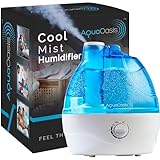
|
AquaOasis™ Cool Mist Quiet Ultrasonic Humidifier for Bedroom & Large room | Check Price On Amazon |

|
43.3'' Portable Air Conditioners, 3-IN-1 Evaporative Air Cooler w/Remote | Check Price On Amazon |

|
BlueDri BD-AS-550-BL Negative Machine Airbourne Cleaner HEPA Air Scrubber | Check Price On Amazon |
